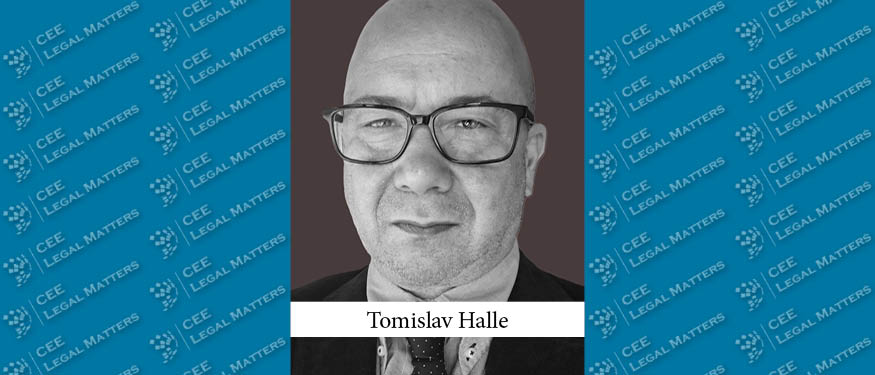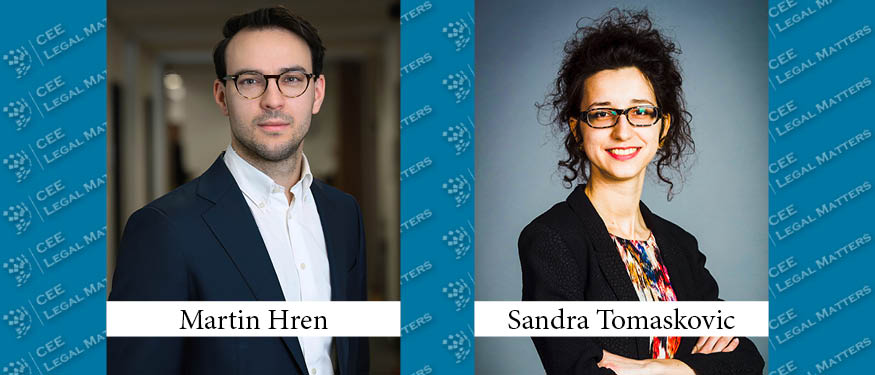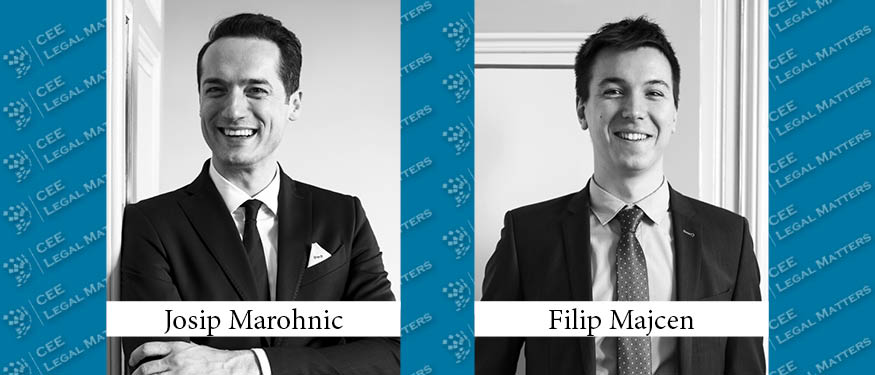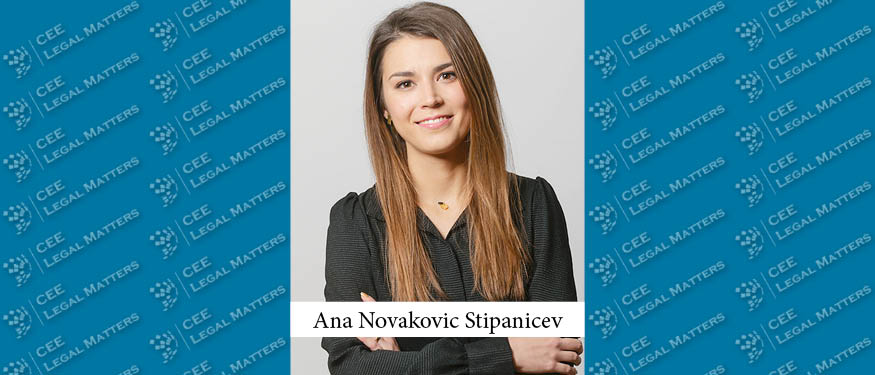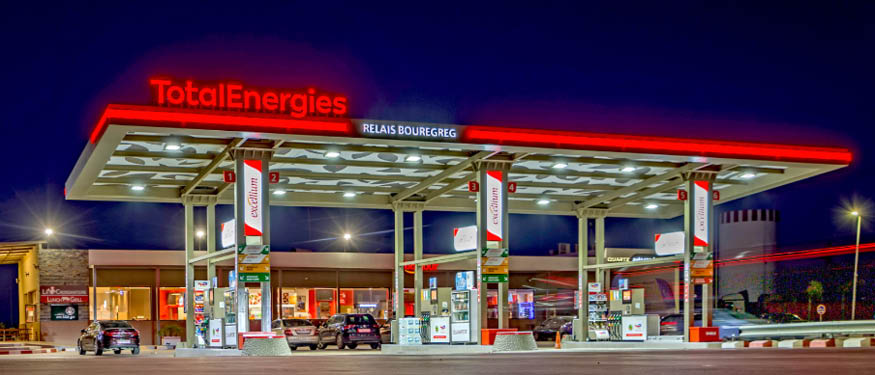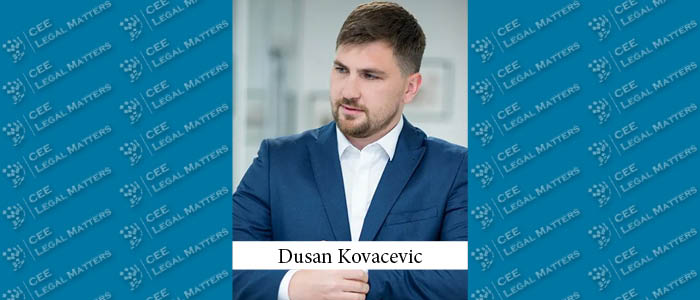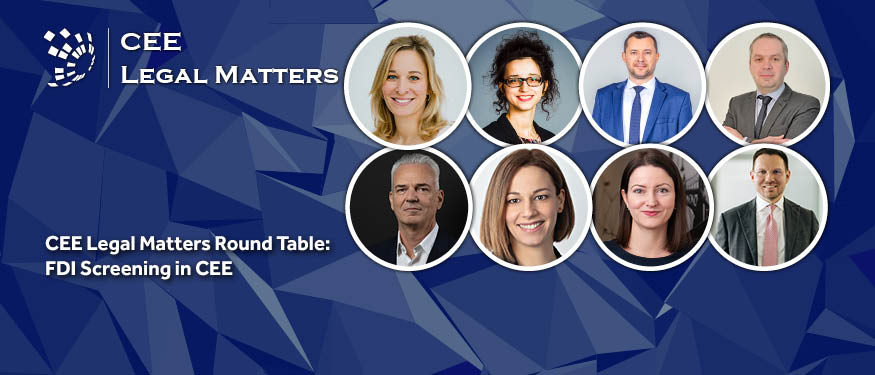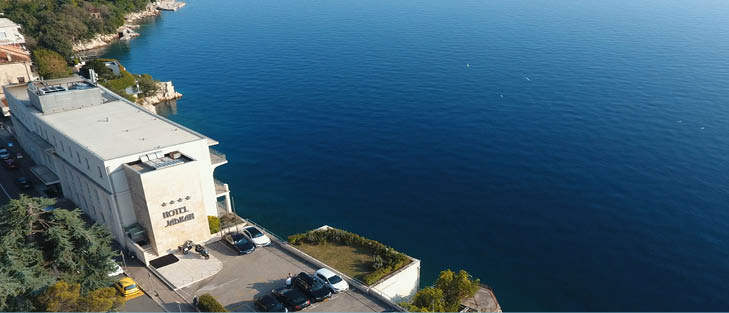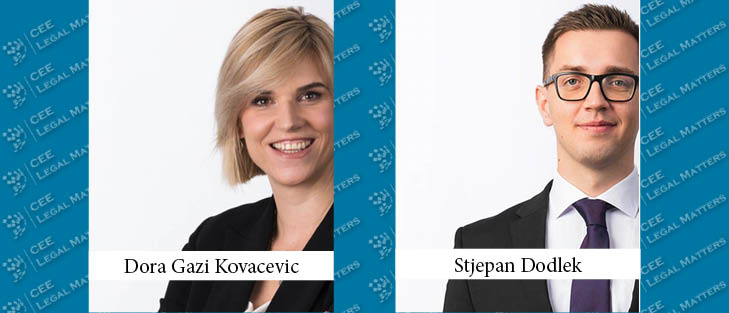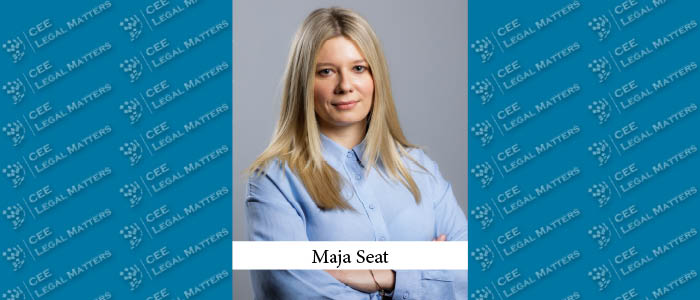Energy law in Croatia is governed by a series of laws and regulations designed to ensure energy security, promote renewable sources, and support environmental protection. The key legal framework in the energy sector in Croatia includes the Energy Act (Zakon o energiji, Official Gazette no. 120/12, 14/14, 95/15, 102/15, 68/18) and the related Energy Development Strategy of the Republic of Croatia until 2030, with a view to 2050, adopted on February 28, 2020. The Energy Act, which has seen a few amendments since its adoption, is still slowly trying to meet the challenging EU requirements in terms of the green transition, which emphasize renewable energy integration, energy efficiency, and environmental responsibility.
Croatia’s M&A Landscape in 2024: Sustainability and Energy as Key Drivers
The Croatian M&A market in 2024 is experiencing significant changes, largely driven by two key factors: the rise of sustainability and ESG considerations alongside a notable surge in energy-sector transactions. These trends reflect both global movements and Croatia’s commitment to the EU’s broader climate goals.
Future of the Legal Landscape for Crypto-Assets in Croatia
Currently, the Croatian AML Act (Official Gazette no. 108/2007, 39/2019, 151/2022) uses the term “virtual assets,” while the Markets in Crypto-Assets Regulation (MiCA) (EU Regulation 2023/1114), along with subsequent Implementing Act for MiCA (Official Gazette no. 85/2024) adopted by Croatian Parliament in July 2024), uses the term “crypto-assets.” Clearly governing the same, the terms used are similar, but slight nuances persist in definitions. Yet, inconsistency of legal terms should be avoided to prevent misinterpretation and confusion in legal applications.
Hydrocarbons Seeking Their Place Under the Croatian Sun
Even though renewables have been very popular in Croatia for quite some time, the good old hydrocarbons are once again creating a significant buzz.
Steady Sailing for Croatia: A Buzz Interview with Ana Novakovic Stipanicev of Kovacevic Prpic Simeunovic
It's been a dynamic year for Croatia according to Kovacevic Prpic Simeunovic Partner Ana Novakovic Stipanicev, who highlights robust M&A activity, political stability fueling investor confidence, and key regulatory developments as reshaping sectors like energy, real estate, and public procurement.
The People Puzzle: Labor Shortages on the Rise in CEE
Labor shortages have emerged as a pressing issue across CEE, prompting diverse responses from governments, businesses, and the public as they navigate the challenges of workforce gaps and economic sustainability.
Croatia: New Round of Changes to Tax Rules in 2024
In 2024, Croatia introduced another round of changes to its tax rules, with further novelties announced for 2025 aimed at fair taxation of property and bringing order to the residential rent market.
A&O Shearman and DTB Advise Partners Group on Sale of VSB Group to TotalEnergies
A&O Shearman and Divjak, Topic, Bahtijarevic & Krka have advised Partners Group on the sale of VSB Group to French energy company TotalEnergies. Jones Day reportedly advised TotalEnergies.
Divjak, Topic, Bahtijarevic & Krka Advises EBRD on EUR 80 Million Portfolio Guarantee to Zagrebacka banka
Divjak, Topic, Bahtijarevic & Krka has advised the EBRD on providing Zagrebacka Banka with an uncapped unfunded portfolio guarantee of up to EUR 80 million under the European Union’s InvestEU Program.
“Black Friday” Trademark Controversy: Can A Shopping Phenomenon Be Owned?
Since 2016, the term “Black Friday” has been registered as a trademark in Germany, granting exclusive rights to a single company, Super Union Holdings Ltd. of Hong Kong, for its use in advertising. This registration covered over 900 goods and services, restricting other businesses from using the term in their promotions. However, recent legal developments have definitively resolved this contentious issue.
FDI Screening in CEE: A CEE Legal Matters Round Table
On November 7, 2024, M&A experts from Austria, Bosnia & Herzegovina, Croatia, Greece, Hungary, Moldova, Romania, and Ukraine participated in a virtual round table moderated by CEE Legal Matters Managing Editor Radu Cotarcea to discuss the FDI screening regimes in their country and key developments in the area on the horizon.
DTB Advises Digital Realty on Sale of Cloud Services Business in Croatia to Databox
Divjak, Topic, Bahtijarevic & Krka has advised Digital Realty on the sale of its cloud services business in Croatia to Databox.
Savoric & Partners Advises Jadran Hoteli on Partnership with Accor
Savoric & Partners has advised Jadran Hoteli on its partnership with Accor.
Schoenherr Advises Pan-Pek on EUR 20 Million Financing from PBZ and EBRD
Schoenherr has advised Pan-Pek on securing a EUR 20 million long-term loan from Privredna Banka Zagreb, part of the Intesa Sanpaolo Group, in cooperation with the European Bank for Reconstruction and Development.
Schoenherr Announces 12 New Partners in Latest Promotion Round
Schoenherr has promoted Vienna-based Stefanie Aichhorn-Woess, Alfred Amann, Johannes Frank, Ayla Ilicali, Christoph Jirak, Sara Khalil, Sebastian Lukic, Johannes Stalzer, and Stefanie Stegbauer, Zagreb-based Kresimira Kruslin, Warsaw-based Daniel Radwanski, and Bucharest-based Nora Olah to Partner (already announced in August this year).
New Croatian Lobbying Act: Key Takeaways for Companies
The Croatian Lobbying Act (Official Gazette 36/2024, the “Act”) entered into force on 1 October 2024, marking Croatia’s first comprehensive regulation of lobbying activities. The Act establishes significant new rules for lobbyists and companies alike, requiring compliance when interacting with public officials to advocate for business or organisational interests. This regulatory development represents a transformative shift in how entities engage with policymakers and will necessitate careful attention to adherence with these newly established standards.
Schoenherr and Madirazza & Partners Advise RP Global on Mirova's EUR 480 Million Investment
Schoenherr and Madirazza & Partners have advised RP Global on Mirova's agreement to invest up to EUR 480 million in RP Global Energy. Clifford Chance reportedly advised RP Global as well. White & Case's Paris office reportedly advised Mirova. Spain-based Uria Menendez, Portugal-based Abreu Advogados, France-based LPA-CGR Avocats, Germany-based Chatham Partners, and the Italian office of DWF reportedly advised RP Global on the matter as well.
Legal Guidance: Integrating EV Charging Stations into Commercial Property Infrastructure
While legal professionals may not possess the solution for upcoming winter to the widely discussed problem of frozen Tesla door handles or expertise in selecting personalized lock sounds for electric vehicles (EVs), we do offer valuable advice for landlords aiming to integrate their current property infrastructure with the growing prevalence of EV charging stations.

